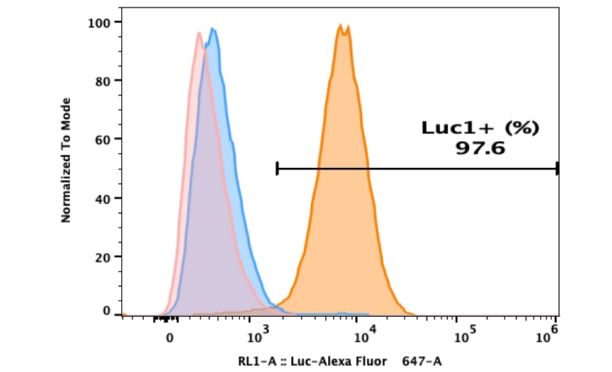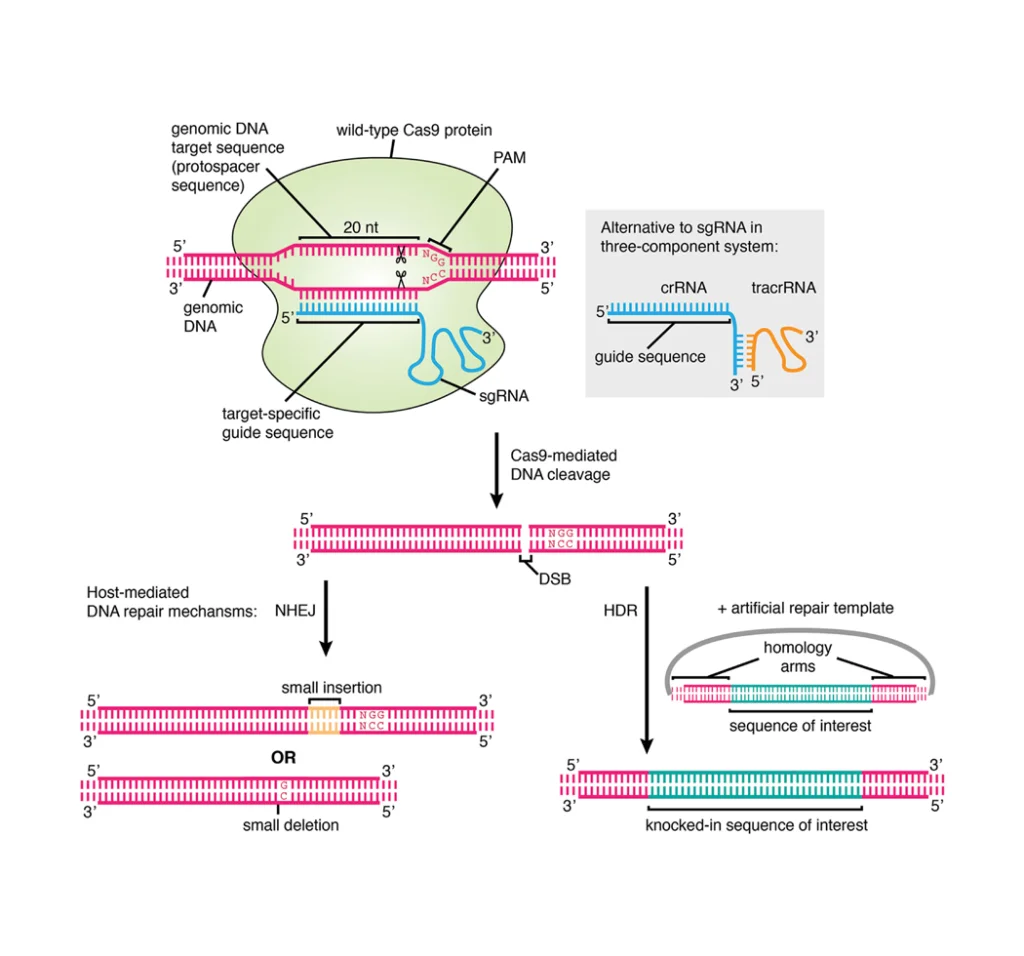- In-Stock Tumor Cell Lines
- Human Orbital Fibroblasts
- Human Microglia
- Human Pulmonary Alveolar Epithelial Cells
- Human Colonic Fibroblasts
- Human Type II Alveolar Epithelial Cells
- Human Valvular Interstitial Cells
- Human Thyroid Epithelial Cells
- C57BL/6 Mouse Dermal Fibroblasts
- Human Alveolar Macrophages
- Human Dermal Fibroblasts, Adult
- Human Lung Fibroblasts, Adult
- Human Retinal Muller Cells
- Human Articular Chondrocytes
- Human Retinal Pigment Epithelial Cells
- Human Pancreatic Islets of Langerhans Cells
- Human Kidney Podocyte Cells
- Human Renal Proximal Tubule Cells
The renal system, also known as the urinary system, consists of the kidneys, the ureters, the bladder, and the urethra. These organs work in conjunction to eliminate metabolic waste products from the body by filtering approximately 200 liters of fluid per day. In addition, this system plays an essential role in the management of blood pressure and pH levels as well as the regulation of metabolites and electrolytes.
Researchers in the field of urinary disorders frequently utilize human primary cells to increase their understanding of the diseases that can affect this vital biological system. The use of these cells in laboratory and research settings is expected to grow in the coming years due to the unparalleled capacity of these biological products to replicate in vivo conditions while retaining high physiological relevance.
Primary Cells and Renal Disorders
Human primary renal cells can yield insights into a variety of disorders affecting the urinary system, such as:
- Glomerulonephritis – This disorder is a chronic inflammation of the glomerulus, leading to impaired kidney function in many cases. Membranoproliferative glomerulonephritis (MPGN), which most often develops in minors, is one type of this disorder.
- Nephroblastoma – Also known as Wilms’ tumor, this is a rare type of kidney cancer, with a high survival rate, that most frequently occurs in children.
- Proteinuria – This is excess protein build-up in the urine, one of the most commonly seen symptoms of nephrotic syndrome.
- Pyelonephritis – This is a type of kidney inflammation caused by a bacterial infection, often Escherichia coli( coli).
These are only a few of the renal-related conditions whose characteristics can be more effectively studied with the aid of primary cells.
The Role of Renal Primary Cells in Laboratory Applications
Isolated directly from healthy or diseased human tissue, renal primary cells are very flexible laboratory tools, allowing researchers to analyze and manipulate cellular characteristics in a customized, controlled setting. Compared with immortalized cell lines, primary cells are better suited to mimicking “real-life” conditions.
AcceGen offers 22 different types of human primary renal cells, including epithelial cells, mesangial cells, kidney fibroblasts, glomerular microvascular endothelial cells, and bladder epithelial cells. For more information, please visit our website at https://www.accegen.com.
About AcceGen
Founded in 2016, AcceGen is a biotech company specializing in the distribution of custom genomic research solutions that are widely utilized in a variety of industries, including the pharmaceutical, biotechnology, and specialty ingredients sectors. AcceGen is headquartered in Fairfield, New Jersey.
META: AcceGen, a biotech company based in New Jersey, explains the lab uses of human primary renal cells and how researchers may obtain these materials.

Copyright - Unless otherwise stated all contents of this website are AcceGen™ All Rights Reserved – Full details of the use of materials on this site please refer to AcceGen Editorial Policy – Guest Posts are welcome, by submitting a guest post to AcceGen you are agree to the AcceGen Guest Post Agreement – Any concerns please contact marketing@accegen.com








